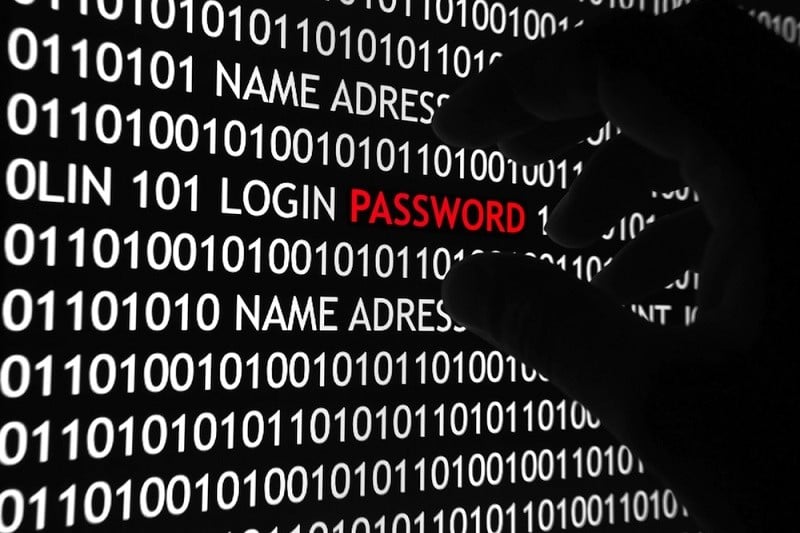Here are some ways to secure your identity online so that internet users can protect themselves and avoid losing personal data to bad guys.
Use strong passwords
First, to protect your identity, you must use a strong password. A strong password must have at least eight characters, including symbols, numbers, uppercase and lowercase letters, and other characters.
 |
| Easy-to-guess passwords are easy prey for hackers. |
Users should not use passwords that are too easy to guess, such as “password” or “123456”. Users should set different passwords when having multiple accounts because if they use the same password, their accounts will easily fall into the sights of hackers.
Enable 2-step verification
Two-factor authentication (2FA) provides an additional layer of security to a user's account by requiring a verification code. This code is generated by an app, sent via SMS or email, and is only valid for a short period of time. Without the code, a hacker cannot access the user's account even if they know the password. Any account that contains sensitive data should have 2FA enabled.
The most common type of verification is SMS-based, which sends an authentication code to the user's mobile device via text message. There is also a type of 2FA that requires the user to download a code-generating app or use a physical device such as a USB key or smart card to generate the code.
Avoid scams
Criminals often use phishing tricks to get personal information and endanger users' identities. Therefore, users should be cautious with suspicious emails, confirm the identity of the sender, avoid clicking on links or downloading attachments. In addition, users can use anti-phishing software and enable multi-factor authentication to protect personal accounts.
Use a VPN
One of the effective solutions to protect personal identity when accessing public Wi-Fi networks or poorly secured internet connections is to use VPN. This solution will hide the user's IP address by connecting to many different servers around the world to reduce the risk of the user's online access data being collected by bad guys. Therefore, users should choose a reliable VPN provider with a strict privacy policy.
Regularly update software
Criminals can exploit security flaws in outdated software to gain access to users' devices or personal data. New updates often fix security flaws and improve overall security, making the software safer for users.
Therefore, users should regularly check for and update software upgrades for operating systems, online browsers, and mobile applications. Additionally, outdated or unsupported software may not receive security updates and should only be re-downloaded from trusted sources.
Use antivirus software
Another way to protect your identity when using the internet is to use reliable antivirus software. This software is capable of detecting and removing malware, spyware, and other dangerous software. Moreover, it also helps protect users and reduce the risk of cyber attacks.
Users should choose antivirus software from trusted vendors and regularly update it with the latest patches. In addition, to eliminate risks, users should regularly check their devices for malware and unusual activities.
Source





![[Photo] President of the Cuban National Assembly visits President Ho Chi Minh's Mausoleum](https://vphoto.vietnam.vn/thumb/1200x675/vietnam/resource/IMAGE/2025/10/1/39f1142310fc4dae9e3de4fcc9ac2ed0)
![[Photo] Keep your warehouse safe in all situations](https://vphoto.vietnam.vn/thumb/1200x675/vietnam/resource/IMAGE/2025/10/1/3eb4eceafe68497989865e7faa4e4d0e)
![[Photo] Hanoi morning of October 1: Prolonged flooding, people wade to work](https://vphoto.vietnam.vn/thumb/1200x675/vietnam/resource/IMAGE/2025/10/1/189be28938e3493fa26b2938efa2059e)




























































































Comment (0)